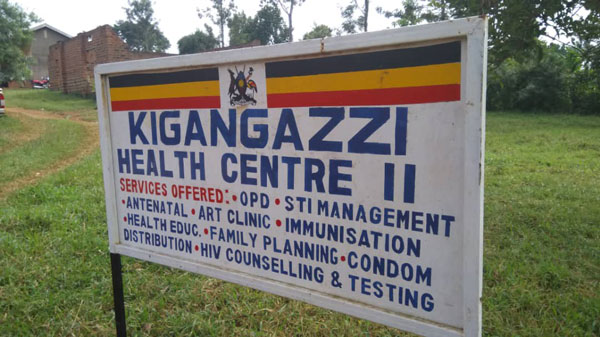
Kampala, Uganda | THE INDEPENDENT | The Ministry of Health (MOH) is seeking partnerships with local NGOs to help them reach out to the community as part of a new strategy of focusing more on disease prevention than treatment.
State Minister of Health Hanifa Kawooya says that the Ministry of Health is constrained and can’t deliver services to the furthest of communities. Kawooya said that since the MOH structures stop at Health Center II, they have been challenged on having timely interventions into community problems.
She said they are now seeking partnerships with organisations to ensure that waterborne diseases, malaria and HIV related services which can be easily nipped in the bud and yet continue to ravage communities are handled by them since they have trained VHTs who act as first health worker of contact.
Kawooya, who was launching a new strategic plan for a local NGO Programme for Accessible Health Communication and Education (PACE), gave an example of the Maternal health drug misoprostol that helps with post-partum bleeding where through PACE activities, they realized it was being misused to induce abortions.
In their just launched three-year strategic plan, the NGO plans to carry out programmes geared towards malaria and HIV prevention, community health systems strengthening, sexual and reproductive health in addition to non-communicable diseases and programmes related to water sanitation and hygiene, on behalf of the ministry.
PACE Executive Director Phellister Nakamya said that they come with a mantra of health being made at home and that they will first understand community behaviour in order to come up with consumer powered healthcare.
Knowing that 75 per cent of homesteads in Uganda have access to a type of phone, she says they plan to use digital platforms to reach communities with prevention measures.
Meanwhile, it’s estimated that 70% of the disease burden in Uganda is preventable. Last year, for the first time, MOH held a conference involving scientists from across the world to discuss strategies that could help the country adopt disease prevention behaviours.
*****
URN
 The Independent Uganda: You get the Truth we Pay the Price
The Independent Uganda: You get the Truth we Pay the Price



